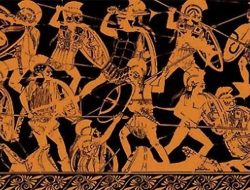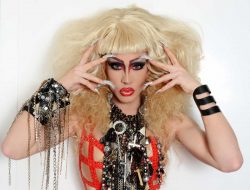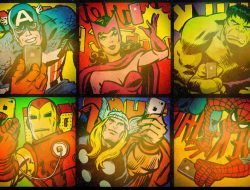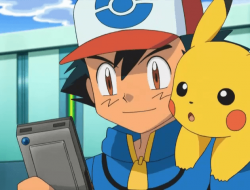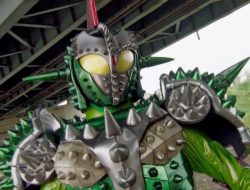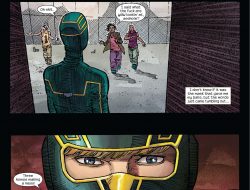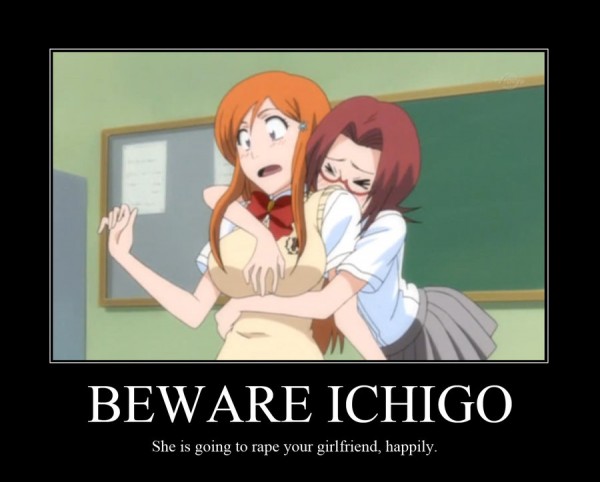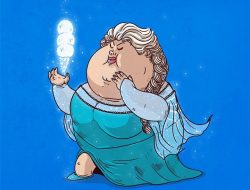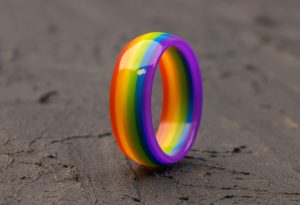When I’m bored, it’s easy to wind up thinking of the way that we’re represented in the media, and it usually ends with my coming up with some conclusion about being happy about a sense of progress. In the case of anime, though, I tie myself in knots, because in general, the industry thrives off of hyper-stylization. Still, I want to consider what is there and make a little more sense of what we see. That’s what this series will cover: how four of the pillars of LBGTQIIFAQS are approached in anime and spotlighting some shows’ portrayal of characters as examples. First up: lesbians.
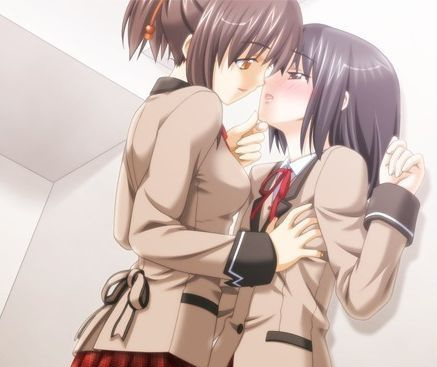
The general content of lesbian interactions is mind-numbingly appalling. There are many female characters that love to dote, fawn over, and fondle other members of the same sex, but only as an acceptable alternative for having a male do the same thing and risk looking inappropriately misogynistic.
For whatever reason, when a girl ogles and gropes her classmate’s breasts, there is little reaction on the part of the recipient, and (only if we’re lucky) the crazed deviant is bludgeoned by another (most likely jealous) female character who seems to be the only one to take offense. If I were a lesbian, I’d most certainly be disgusted by that nonsense. Hell, I’m not a lesbian and my eyes roll right out of my head every time it happens because the intentions of the producers are so desperately transparent.
Thus, lezzies are treated mostly as a comedic device and are subsequently waived off as buffoonish by the audience; while also being appreciated because they catalyze fanservice of the lowest quality. It’s this dastardly combination that keeps the majority of audiences satisfied with how lesbians are portrayed. As characters that honestly fall in love, have any sort of conflict (besides being separated from their scratching post) or are used for more than a minute or two in random episodes, there are few and far between, unless you count the shows where the main character (a boy) turns into a girl. Those are insufferable on too many levels separate from the issue at hand, so I won’t even go there.
All that aside, one show that really stands out is Aoi Hana. While reading discussions on the series, I was surprised to find out that self-identification, as a lesbian in anime, is a rarity and Aoi Hana is one of the few properties in the yuri/shoujo-ai genre to take that step.
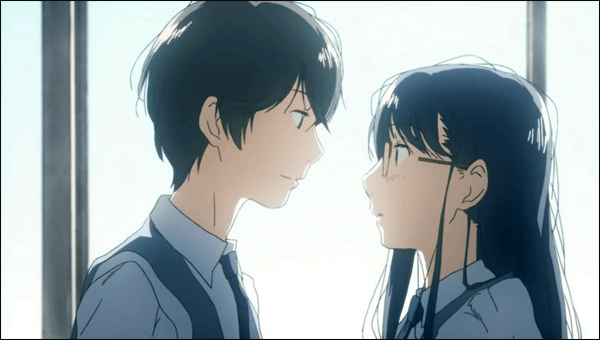
Sure, some of the lesbians are of the “This man hurt me so I like the snatch now” variety (to be further explained in the next installment), but even an idea as ignorant as that is an issue the show faces head on, affecting the relationship of the couple involved. Fumi, the main character struggles with her lover in a way that is distinctly queer: she worries about how her girlfriend being closeted to her family may or may not be a reflection of the intensity of her feelings towards her.
I hope that, regardless of their sexuality, viewers would like to see these types of conscious decisions in dealing with characters that people aren’t afraid of seeing.
The next issue will discuss the bum-rap bisexuals get. In the mean time, feel free to continue the discussion in the forums.
Tags: Anime, Aoi Hana, Bleach, Chizuru Honsho, Fumi Manjoume, lesbian, Our Representation in Anime, shoujo-ai, yuri

